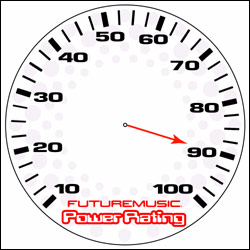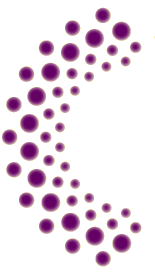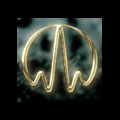|
|
|
|
|
|
|
|
|
|
|
|
|
||||||||||||||||||
|
|
|||||||||||||||||||
|
|
|
|
|
July 20, 2007 ../ TestDrive: LennarDigital Sylenth1A Simple, Yet Very Tweakable Powerhouse For Dance MusicIs it us, or does seem like a new software synth comes to market every week? From freeware to top-tier manufacturer's darlings, the outpouring is daunting. Most of the cookie-cutter offerings sound exactly alike, or worse, and it's easy to become disenfranchised with this market segment.
After working 60-70 hours a week for 18 months, Addink unleashed Sylenth1, which sports four robust oscillators, each having eight waveform choices, an ADSR section, tasty filters and the program's Jedi Power, killer effects. In fact, Sylenth1's effects are some of the best in a virtual synth we've run across.
Lennar Addink definitely had specific goals in mind when he was developing the Sylenth1's sound. "Two of the main aspects of any subtractive virtual analog synth," states Lennar, "which determines its sonic character are its oscillators and filters. I've always liked the screeching sound of resonating analog filters like those from the TB-303 or the Minimoog for example, but I've never been able to find a VST synth with filters that could produce sounds like that really well. A lot of them simply end up in a pure sine wave when brought into self-oscillation, while others don't even get to that point. As for the oscillators in other VST synths, I found that some of them sounded dull at low frequencies while others produced audible digital aliasing at high frequencies. So my starting point was to overcome these problems by designing my own filters and oscillators from the ground up."
One significant attribute that contributes to Sylenth1's success is the thought that went into dialing in those electronic sounds that Lennar cites above. Sylenth1 is lean and mean; there are no surplufluous knobs or features, just exactly the right ingredients you need to quickly realize the sound you're after. Then, just when you think you have the perfect sound, Sylenth1 provides some extra touches to take your patch to the next level. "I wanted to create a synth that can be used as a basic building block for popular electronic music styles," Lennar explains. "So I added several unison oscillators and filters together with a modulation section and a set of useful sound effects to make the synth versatile and suitable for a wide range of sounds. I gave each oscillator several voices that can be detuned and spread in stereo, which is very useful for creating organic moving sounds, strings and supersaws." To be fair, Sylenth1 is not perfect. Some musicians may find the synth just a little too soft sounding for their tastes. The sonic signature has a polish and sheen that will give it away, to discriminating listeners, as a software emulation, but that can easily be addressed in the effects section. There is also no pulse width modulation, a minor detraction. Addink does offer a workaround by addressing how to fake it with two oscillators and phase modulation in the manual, but it will be missed by experienced users. Although the filters sound terrific, they could have been fleshed out quite a bit more. Speaking of the filters, for some reason they cannot be routed in series, which shuts the door on serious tweaking potential.
Last, but certainly not least, are the excellent built-in effects. Again, simplicity reigns. No excess controls and features to bog down the creative process, just find the right effect and drop it in. The effects include delay, reverb, chorus and phaser, with a kick ass distortion that adds some chunk to your funk. Utility items such as a concise compressor and EQ round out the offerings. The effects on the whole add expansive depth and rich spatialization to the patches without instantly washing them out. The LennarDigital Sylenth1 costs €139 and is available now for the PC as a VST instrument. Addink is currently at work rewriting his original code for a Mac version. Once accomplished, he's going to get to work on the next version of Sylenth1, which will include a preset browser and FM synthesis. The Future: Not a whole lot on the To Do list here...but it would be nice to see some additional attributes, modes and controls on the filter section. A comprehensive modulation matrix would also be a great addition with full routing flexibility. The aforementioned pulse width modulation should also be included in the next revision. However, we may have to wait just a bit for the update. As soon as Lennar puts the final touches on a Mac version, he's going to get busy on releasing some dedicated VST effects. You're going to want to start saving some money for those...
More information about: LennarDigital Sylenth1>>> Back to Digihear?
Copyright © 2007 Futuremusic® All Rights Reserved. |
|
|
 LennarDigital comes strong with the Sylenth1 virtual analog synth. The incredible sound engine married to outstanding effects and supreme knob-twiddling options makes Mr. Addink's Sylenth1 a great buy.
News Archives
|
|
|
|
|
|
|
|
|
|
|
|
|












